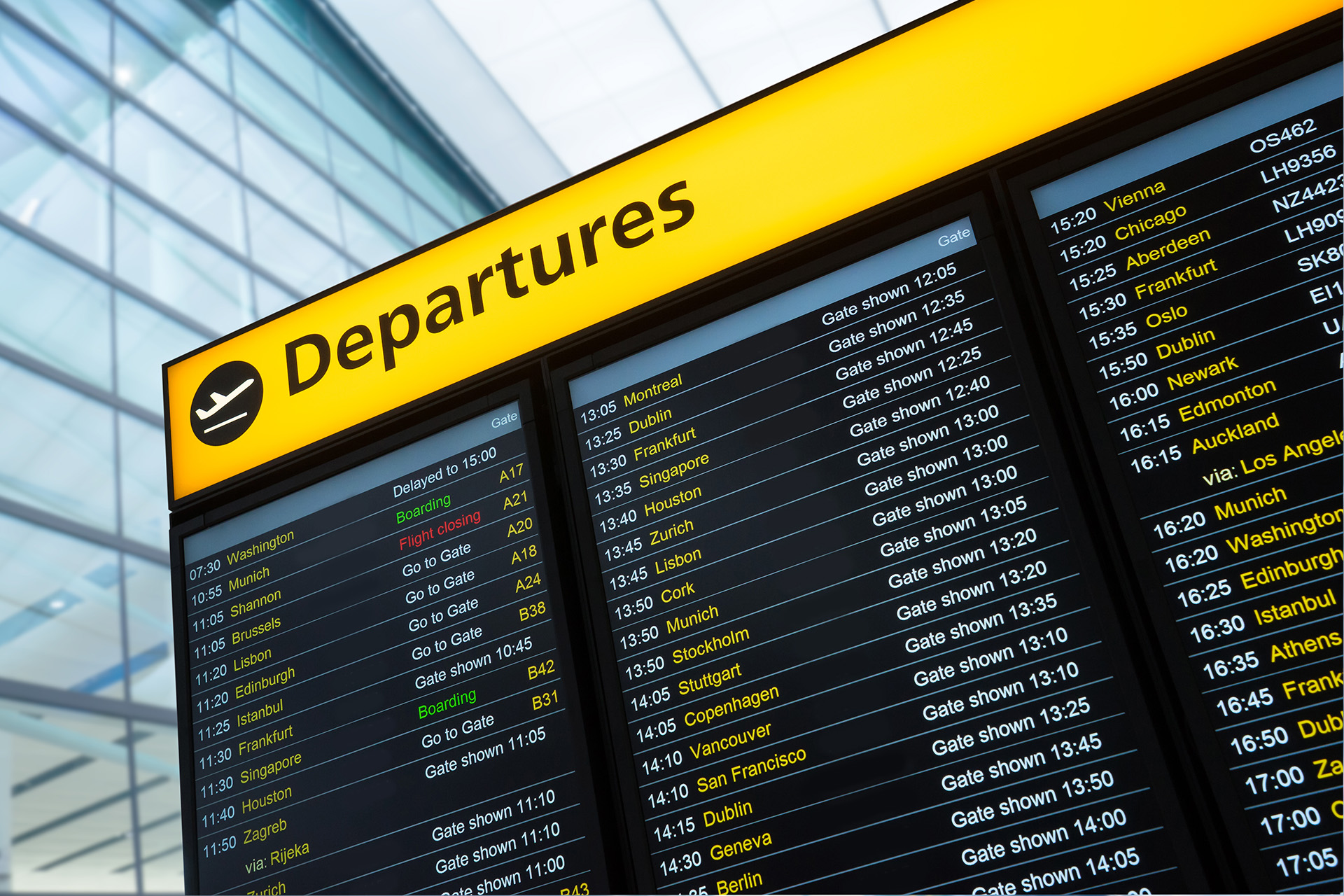If you are training to qualify for a pilot's licence, you must undergo training at either an approved training organisation (ATO) or declared training organisation (DTO). For more information please visit our PPL flying schools and organisations webpage.
Approved training organisations (ATOs)
Names and details of all ATOs approved by the CAA are found in Standards Document 31. You can download this document in pdf form using the link below.
Declared training organisations (DTOs)
Training can also be provided by Declared training organisations registered with the UK CAA for the delivery of training towards the Private Pilot Licence (Aeroplanes) and (Helicopters). Standards Document 30 lists the organisations in alphabetical order by company or person/sole trader name.
Download Standards Document 30: UK CAA Registered Training Facilities PPL Aeroplanes and Helicopters
Procedures established for the Suspension, Variation or Revocation of an ATO
Voluntary Action
In the event that an Approved Training Organisation (ATO) holder becomes aware that it can no longer comply with the requirements of Part FCL, Part ORA or Part GEN, it is encouraged that a request is put in writing for the Approval Certificate to be revoked, suspended or varied as appropriate.
- Upon receipt of such a request, the CAA has the authority to revoke, suspend or vary the Approval Certificate immediately.
- In the case of a limited company, the request should be signed by the company Director.
- If the company has ceased trading, the request should be signed and submitted by the Administrator or Receiver.
CAA Led Action
In the event that action is taken by the CAA without the consent of the ATO, Regulation 6 of the Civil Aviation Authority Regulations 1991 provides an appeal procedure. The reasons upon which the decision is based will be detailed in a notification letter.
Justification
Actions taken by the CAA will be justified by clear supporting evidence. In cases where there is a gradual deterioration in competence or a deviation from the regulations or a failure on the operator's part to address significant deficiencies the following actions are considered:
- The ATO will be informed that their Approval Certificate is at risk unless positive remedial action is undertaken within a specific time frame.
- The ATO will be left in no doubt as to what is required and will be invited to respond, setting out how they intend to restore confidence.
- The assigned Licensing Standards Inspector (LSI) may offer guidance to the ATO and assist them in prioritising their actions.
- Failure by the ATO to deliver improvements, within the agreed time frame, may constitute grounds on which suspension, variation or revocation may be considered.
Re-instatement of suspended ATOs
- The holder of a suspended Approval Certificate may apply for the suspension to be lifted.
- In order for a suspension to be lifted, the assigned LSI must be satisfied that the ATO is able to competently operate and manage all aspects of the ATO safely and whilst in accordance with the relevant regulations.
- If the suspension has been in force for only a short period of time and there has been no change in the management facilities of the operation, minimal investigation will be required. If suspension has been in force for a lengthy period of time, a full audit and inspection may be necessary.
- Investigations will be conducted promptly in order for operations to recommence safely and with the minimum delay.
- The holder of a suspended Approval Certificate is required to continue paying charges to the CAA.
Costs
Most flight schools advertise a complete price for the qualifications they offer and also a training rate by the hour. Whilst some schools will offer ‘all inclusive’ packages, this is usually based upon the minimum number of flying hours set out in the licence requirements. Many students require additional lessons/hours to complete their training. It is important to understand what is included in the pricing and what is not – for example there may be additional costs such as landing fees or ground training instruction.
Protecting your investment
Many flying schools may offer a discount if you pay more money ‘up front’ and whilst you can make a saving, it should also be considered what will happen if the school or club ceases trading. If payments are made in advance, using a credit card will usually protect the payment up to a certain amount whilst cheque or bank transfer payments may result in you losing your money. Many people pay per lesson which limits their financial exposure and also gives added flexibility should they wish to call a halt to their training or want to change schools.
Regulatory Approval
The CAA’s regulatory regime covers the safety of flying and certain minimum standards in the training and examination environment. It does not regulate the financial viability of flying schools or clubs so the possession of the regulatory requirements to conduct flight training should not imply any certification of financial integrity.

